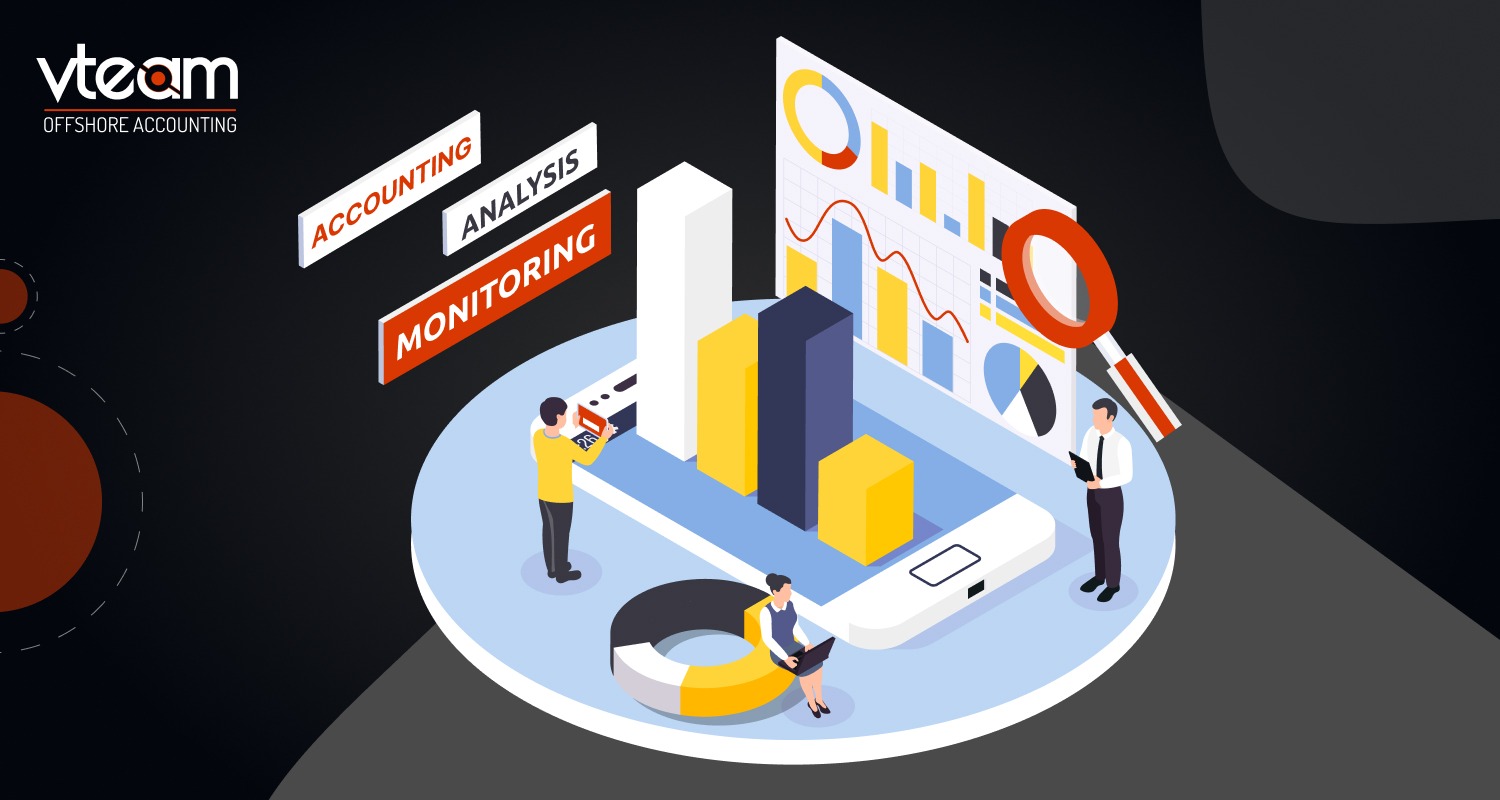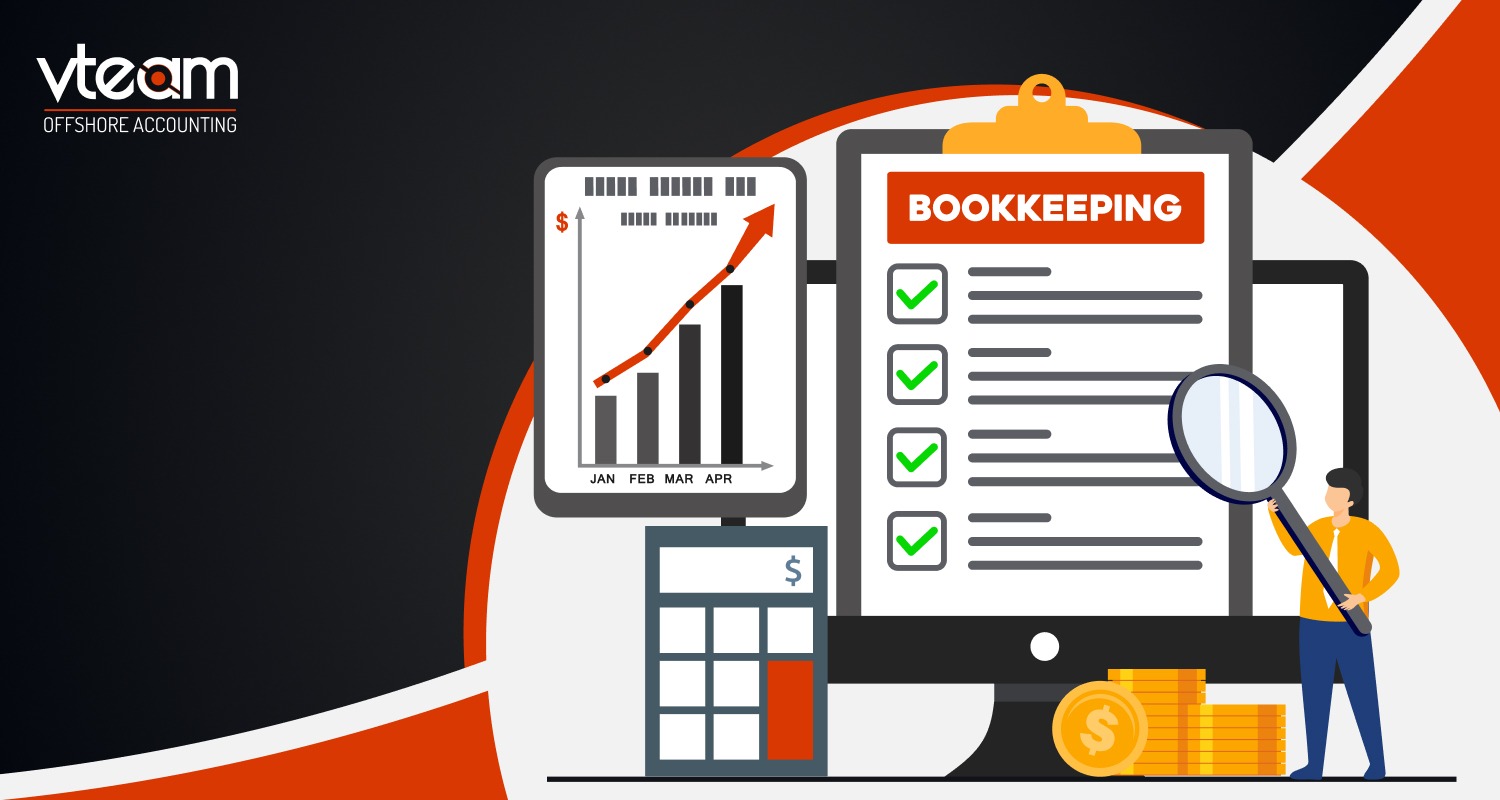In the ever-evolving financial management world, businesses increasingly turn to virtual accounting tasks as a strategic approach to streamline operations and cut costs. As organizations seek to optimize their resources, outsourcing tax preparation services and leveraging virtual accounting becomes a focal point in the quest for efficiency.
The Benefits of Virtual Accounting
A. Cost-Effectiveness
The cost-effectiveness of virtual accounting extends beyond the mere reduction of physical infrastructure and overhead costs. It allows businesses to access a pool of specialized talent without hiring in-house. By outsource tax preparation services and other accounting tasks, companies can benefit from the expertise of professionals without the associated costs of recruiting, training, and providing benefits to an internal team.
Moreover, the pay-as-you-go model in virtual accounting ensures that businesses only pay for the services they need, eliminating unnecessary expenses during periods of lower accounting activity. This flexibility in cost management is particularly advantageous for small and medium-sized enterprises (SMEs) seeking to optimize their financial resources.
B. Time-Efficiency
Time is a precious resource in business, and virtual accounting excels in optimizing time efficiency. Automation of routine tasks, such as data entry and reconciliation, reduces the time traditionally spent on these manual processes. This automation accelerates the speed of accounting operations and allows employees to focus on more value-added tasks, such as financial analysis and strategic planning.
Real-time access to financial data is another crucial time-saving feature of virtual accounting. With cloud-based accounting software, stakeholders can access the latest financial information anytime, facilitating quicker decision-making and responsiveness to market changes.
C. Accuracy and Error Reduction
Manual data entry is prone to errors, significantly affecting financial reporting and decision-making. Virtual accounting minimizes the risk of inaccuracies by leveraging advanced technologies for data processing and calculations. Automated checks and validations ensure that the financial data entered is accurate, consistent, and in compliance with accounting standards.
The precision offered by virtual accounting reduces the likelihood of costly mistakes and contributes to the overall reliability of financial information. This, in turn, instills confidence in stakeholders, including investors, regulatory bodies, and internal management, fostering a trustworthy financial environment.
D. Enhanced Financial Reporting
It facilitates the generation of comprehensive and customizable financial reports. Businesses can quickly generate income statements, balance sheets, and cash flow statements tailored to their needs. This level of reporting granularity is invaluable for decision-makers, allowing them to gain insights into various aspects of the business and make data-driven decisions.
These enhanced reporting capabilities are particularly beneficial for accounting firms working with multiple clients. The ability to efficiently generate detailed financial reports ensures that clients receive timely and insightful information, strengthening the client-firm relationship.
E. Increased Focus on Strategic Planning
By automating routine and time-consuming tasks, virtual accounting frees valuable time for finance professionals to engage in strategic planning and analysis. Accountants can shift their focus from data entry to interpreting financial trends, identifying cost-saving opportunities, and formulating strategic financial plans.
This shift in focus from transactional tasks to strategic activities positions the finance function as a strategic partner in the business. Virtual accounting, therefore, improves operational efficiency and enhances the strategic value the finance team brings to the organization.
How Virtual Accounting Saves Money
A. Improved Financial Decision-Making
Access to up-to-date financial information empowers businesses to make informed decisions. Virtual accounting provides real-time insights into financial performance, enabling strategic planning to save money in the long run.
B. Enhanced Compliance
Compliance with tax regulations is a critical aspect of financial management. Virtual accounting tasks include automated compliance checks, minimizing the risk of penalties and fines associated with regulatory non-compliance.
C. Scalability
Businesses evolve, and so do their accounting needs. Virtual accounting solutions offer scalability, allowing organizations to adjust their accounting operations according to their growth. This scalability ensures cost savings as businesses only pay for their required services.
Virtual Accounting Tools and Technologies:
A. Cloud-Based Accounting Software
Accessibility and Collaboration
Cloud-based accounting software allows users to access financial data from any location with an internet connection. This accessibility is particularly advantageous for businesses with remote or distributed teams. Team members can collaborate seamlessly, review financial information, and work on accounting tasks in real time.
Real-Time Updates
One of the key features of cloud-based accounting is the ability to receive real-time updates. As transactions occur or changes are made, the system updates instantly, providing an accurate and up-to-date view of the financial landscape. This real-time visibility enhances decision-making and ensures that stakeholders have the latest information at their fingertips.
Cost Savings
Cloud-based solutions eliminate the need for businesses to invest in and maintain extensive physical infrastructure. With no requirement for on-premises servers, businesses save on initial setup and ongoing maintenance expenses. The subscription-based pricing models of many cloud accounting services further contribute to predictable and manageable costs.
B. Online Document Management
Secure Document Storage
Virtual accounting often involves the transition to online document management systems. These systems provide secure storage for financial documents, ensuring that sensitive information is protected from physical threats such as theft, fire, or natural disasters. Data encryption and secure servers add an extra layer of protection.
Reduced Paper Dependency
Moving away from traditional paper-based document systems contributes to environmental sustainability and reduces costs associated with printing, storage, and document retrieval. Online document management enables the efficient organization and retrieval of digital documents, eliminating the need for physical paperwork.
C. Automated Accounting Workflows
Streamlined Processes
Automated accounting workflows enable the streamlining of repetitive tasks in financial processes. From invoice generation to expense tracking, automation reduces manual labor, minimizes errors, and accelerates the overall pace of accounting operations. This efficiency is particularly beneficial for businesses aiming to improve productivity and save time.
Consistency and Standardization
Virtual accounting tools often come with predefined workflows and templates. These standardized processes contribute to consistency in financial reporting and ensure that accounting tasks are executed according to best practices. The result is a more organized and efficient financial management system.
Potential Challenges and Solutions
A. Addressing Concerns Related to Data Security
Acknowledging concerns about data security, virtual accounting solutions employ robust measures to protect sensitive financial information. Encryption, secure servers, and regular audits are implemented to safeguard data integrity.
B. Training and Adaptation to New Technologies
The transition to virtual accounting may require training for existing staff. Accounting firms should invest in comprehensive training programs to facilitate a smooth adaptation to new technologies and ensure maximum efficiency.
C. Integrating Virtual Accounting with Existing Business Processes
Successful integration of virtual accounting requires alignment with existing business processes. Careful planning and coordination are essential to ensure a seamless transition that maximizes the benefits.
Conclusion
Outsourcing tax return preparation and embracing virtual accounting tasks can be a game-changer for businesses aiming to save money at year-end. The combination of cost-effectiveness, time efficiency, and advanced technologies positions virtual accounting as a strategic investment in the financial well-being of any organization, from accounting firms to diverse businesses across industries. Embracing this innovative approach is a cost-saving measure and a forward-thinking strategy for long-term financial success.
Maximize efficiency and cut costs with our virtual accounting services—your key to streamlined financial success! Contact us for a personalized consultation today.




